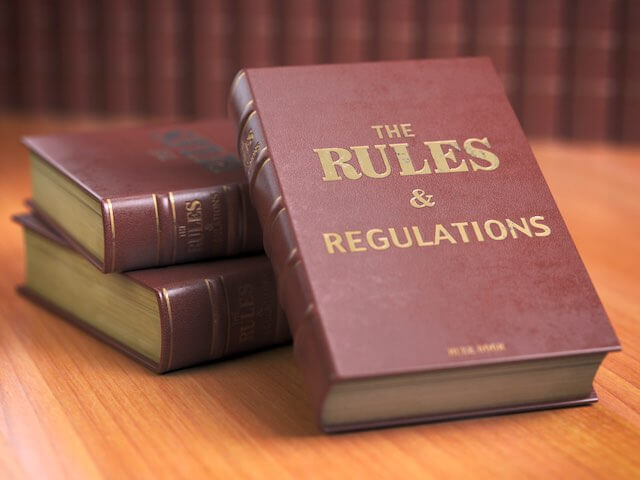On December 23, 2019, the Federal Labor Relations Authority (FLRA) announced a proposed change to its regulations. One might assume an announcement on a relatively obscure topic issued two days before Christmas may not generate much interest when the kids are thinking about Santa Claus coming down the chimney loaded with gifts two days after the FLRA’s announcement. The government was also closed on December 24th for Christmas Eve.
The proposed changes to the regulations were designed to:
…”revise the regulations governing negotiability appeals to better ‘‘expedite proceedings,’’ consistent with Congress’s direction, and with the FLRA’s goal in its strategic plan to ‘‘ensure quality, timely decisionmaking processes.’’ The proposed rule is designed to streamline the adjudication process for negotiability appeals, resulting in more timely decisions for the parties.”
Written comments on the proposed changes were due by January 22, 2020.
Whether it was because of the inopportune timing of the FLRA’s announcement of the changes or just to add to the proposed comments, anyone who missed the chance to comment now has another opportunity. The initial January 22nd deadline has been extended. The new deadline for comments is February 11, 2020.
What is a Negotiability Appeal?
For those readers who are not federal labor relations experts, here is what this proposal intends to do.
The FLRA proposal is designed to speed up the process of deciding when an issue is subject to negotiation between a federal employee union and a federal agency.
If an agency tells a union an issue is not one on which the agency must negotiate, the union can file a “negotiability appeal” with the FLRA. When the case is accepted, the parties will submit their arguments to the FLRA and the FLRA will then issue a decision, usually at least a few months after the agency declared the topic to be “non-negotiable”.
The FLRA decides if the topic is one that must be hammered out between the union and the agency or is “non-negotiable”. After the decision is issued, negotiations on the topic will then start if the FLRA rules in favor of the union. These negotiations will often take weeks or months.
As the FLRA is well aware, negotiating a labor agreement in the federal government will often take months or years to be completed. Negotiability appeals are often part of this process and can add considerable time to the process. The proposed rules are an attempt to cut down on some of the time required for this process to be completed.
The original proposed changes are explained in more depth in a Federal Register notice.
There is one difference in the extension of time to respond to the proposed regulations.
The Office of Personnel Management (OPM) asked the FLRA for a general statement of policy or guidance clarifying when there is a “compelling need” for an agency rule or regulation. OPM asked that the Authority issue guidance clarifying through examples, for circumstances meeting the compelling need criteria. Or, as an alternative, OPM asked the Authority to
supplement its regulations to include this guidance.
As the FLRA has now extended the time to comment on the proposed regulations, it has added a chance for those with an interest in the topic to address the “compelling need” issue as well as commenting on the proposal to speed up the process for deciding negotiability appeals.
How to Submit Comments
The proposed rule changes are of interest to agency representatives or union officials involved in negotiating contracts or interim agreements with agencies. Here is how to have comments considered by the Federal Labor Relations Authority.
- Comments sent to the FLRA have to include the caption “Negotiability Proceedings’’. Comments can be submitted in one of these ways: By email to FedRegComments@flra.gov. Be sure to include ‘‘Negotiability Proceedings’’ in the subject line of the message.
- By mail or hand delivery: Emily Sloop, Chief, Case Intake and
- Publication, Federal Labor Relations Authority, Docket Room, Suite 200, 1400 K Street NW, Washington, DC 20424–0001.
- Do not email comments if you are also mailing or hand-delivering the same comments.
For questions or more information contact Rebecca Osborne, Deputy Solicitor, at rosborne@flra.gov or at: (202) 218–7986.


